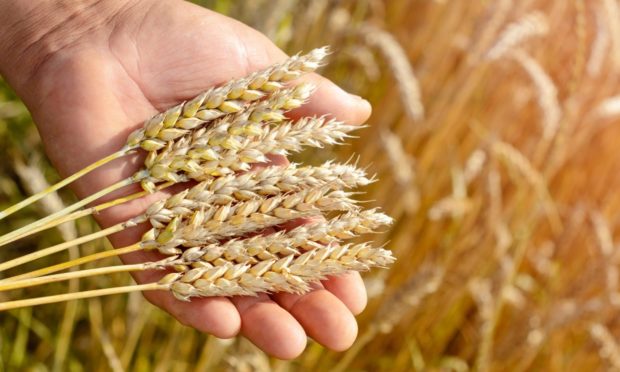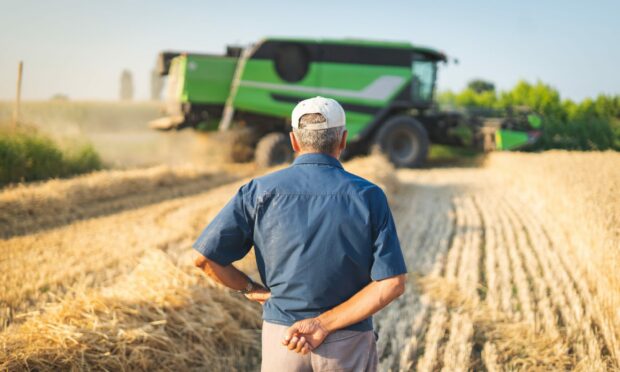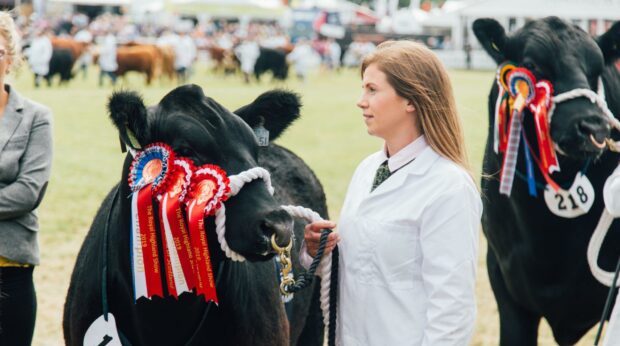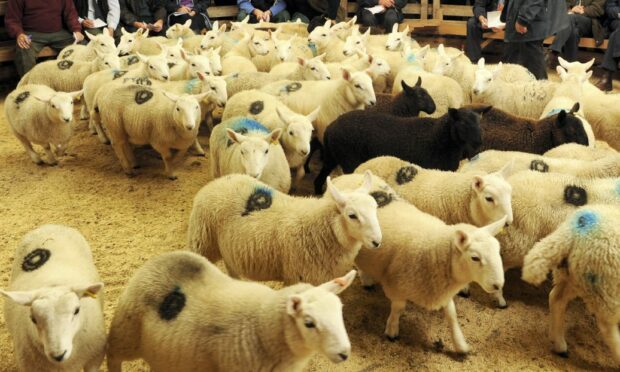Another month and three more reports on the future of agriculture have been added to the pile of reports currently gathering dust on the Scottish Farm Minister’s desk.
Goodness knows how many trees have been felled and how much carbon has been released in producing them and yet Scottish farmers are still none the wiser about their future.
It would be laughable if it was not so serious.
Our new Farm Minister Mairi Gougeon took office in May and yet we have heard nothing from her about the future direction of the industry.
Frustrated by her lack of action the chairs of the farmer-led groups published an open letter calling on the Scottish Government to provide the leadership needed to turn their recommendations into reality.
They warned Government against setting up another talking shop that produces another set of good intentions but no mechanism to deliver the massive changes that are needed.
You would think that at the very least our new Minister would have responded to that call from senior industry leaders but not a word.
Instead, we got a holding line promising, yet another committee would be set up by the end of August.
It is now more than two years since the First Minister declared a climate emergency and promised urgent action to tackle it.
Industry leaders are rightly frustrated as they believe, with some political leadership from the Scottish Government, that time could have been well used by the industry to begin putting in place measures to reduce emissions.
Instead, it has been frittered away as the previous Minister Fergus Ewing commissioned endless reports and kicked the can down the road.
What is unforgiveable is that the longer you delay acting the more difficult and challenging it becomes for the industry to reach the tough targets set by the Scottish Government for 2030.
I also find it rather distasteful that the former Minister appears to point the finger of blame at civil servants for his failure to act on the farmer-led groups’ recommendations.
As I have said before, in our parliamentary democracy the civil servants’ role is clear.
They advise on whether policy ideas would work in practice; ministers decide.
They may not like the advice, but it is ultimately Ministers who have the power to accept the advice or override it.
So, the idea that civil servants are somehow blocking progress is in my view nonsense.
It is time the farmer-led groups called out the politicians for failing to implement their recommendations, not civil servants who can’t answer back.
In a normal year, the Highland and Turriff Shows are overrun with Government Ministers and politicians pressing the flesh and it provides farm leaders and the press with the opportunity to question them about the future direction of the industry.
Sadly, Covid has put paid to the show season allowing the new Minister to keep her head down and duck the hard questions.
Former NFU Scotland president Nigel Miller’s Farming for 1.5 degrees final report, published a couple of weeks ago, is probably the most in-depth and balanced of all the reports to date.
In it they make no attempt to sugar coat or slide over the hard choices that farmers must face up to in the years ahead.
They highlight that “the transformation requires unparalleled investment and Government leadership to make the change”.
They go on to say that “tackling the nature and climate emergencies will require farmers to redefine their role and put delivering for nature and climate on an equal footing with producing food”.
I suspect that proposition is anathema to most farmers, especially in the livestock sector who firmly believe their job is to produce cattle and sheep full stop.
The report highlights a recent Defra study which found most farmers believed going green means going into the red.
The report recognises one of the greatest barriers to change is the cultural shift that is needed in the farming industry, to enable farmers to embrace change and secure its future.
How do you persuade them that farming for carbon or biodiversity should be of equal importance to the production of food?
All reports identified two main ways to reduce emissions.
Firstly, improving on-farm efficiency and secondly using new genetics to breed for low methane cattle and sheep.
However, these measures can only work if all farmers adopt them not just the top 10%.
Yet to date the take up of farm efficiency tools like AHDB farm bench has been pitiful in the livestock sector.
And currently it is the few rather than the many who use genetic tools like EBVs when purchasing replacement rams or bulls.
In the sheep sector it is still fancy heads and tight coats that farmers look for. Changing that negative mindset is going to be a Herculean task.
Farm leaders in Scotland are to be congratulated for stepping up and recommending the changes needed to transform the industry.
However, if the Farm Minister fails to provide the strong political leadership required to deliver them, their efforts will have been a waste of their valuable time.
- George Lyon is a former MEP and a former president of NFU Scotland. He is a senior consultant for Hume Brophy.



